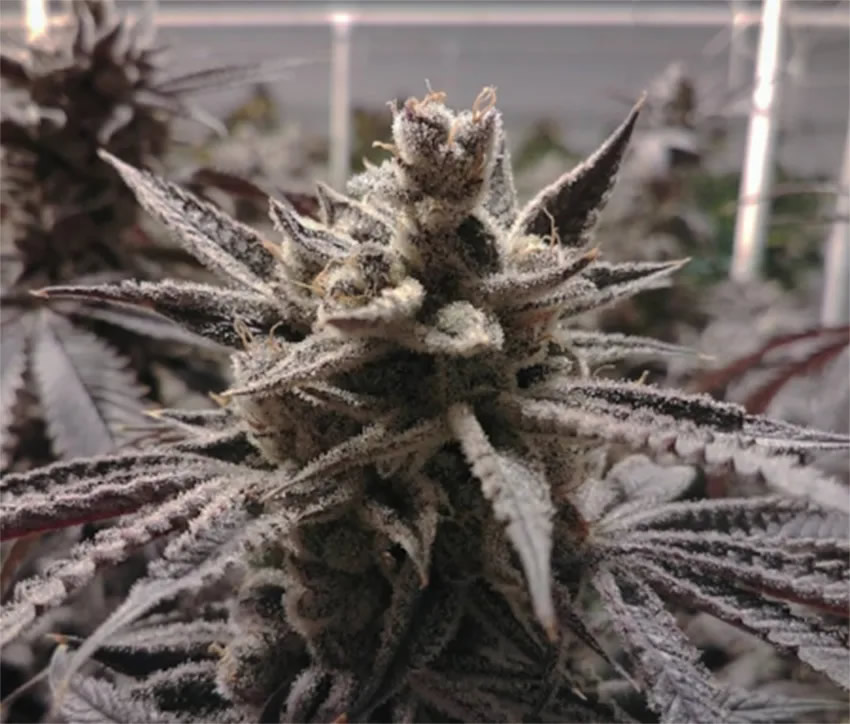
California Releases Proposed Regulations For Organic-Equivalent Cannabis Program
On April 30, 2020, the California Department of Food and Agriculture (CDFA) released proposed regulations for the OCal Program, a state-run organic-equivalent program designed to follow standards used by the US Department of Agriculture’s National Organic Program (USDA NOP).
The highly anticipated program has been in development since the passing of California Senate Bill (SB) 94 aka The Medicinal and Adult Use Cannabis Regulation and Safety Act in 2017. Under Chapter 27, Section 26062 of SB 94, the CDFA was delegated to establish a certification program for cannabis comparable to the NOP and the California Organic Food & Farming Act (COFFA) by January 1, 2021. With their authority, the CDFA proposed adoption of Chapter 3, Title 3 of the California Code of Regulations to establish the OCal Program for cannabis. The OCal Program is required to follow the NOP framework closely to ensure a seamless transition upon legalization of cannabis on the federal level, after which OCal will be phased out.
Why This is Significant
The USDA NOP is a certification program for fresh and agricultural products grown without use of synthetic pesticides, synthetic fertilizers, or genetically modified organisms (GMOs). In order to bear the organic seal, farmers and producers must undergo stringent audits and routine testing to verify compliance with standards set by the USDA.
Because of cannabis’s federal illegality as a Schedule I controlled substance, cultivators and producers have been excluded from having their products certified as organic, a term owned exclusively by the federal government. The inability to certify products as organic has removed incentives for cannabis businesses to gain a competitive edge by improving the safety and quality of their products above what is legally mandated.
While the industry has produced several privately-operated “organically equivalent” programs, states have mostly chosen to steer clear of involvement. In early 2017, Washington became the first state to pass legislation allowing for the development of such a program, although one has yet to materialize. With the release of the OCal Program’s proposed regulations, California is on track to be the first state to establish an organic-equivalent program that will bring uniformity and standardization to cannabis stakeholders who want to raise the standard for safer, cleaner, and higher-quality products on the market.
The public commentary period is now open until July 7, 2020. Comments may be submitted by email at CDFA.CalCannabis_OCal@cdfa.ca.gov or by mail to:
California Department of Food and Agriculture
Attention: Kristi Armstrong
CalCannabis Cultivation Licensing Division
Proposed OCal Regulations
P.O. Box 942871
Sacramento, CA 94271
For more information, please refer to the CDFA website at this link.
Anresco Laboratories is a family owned and operated analytical testing provider to food, cannabis and related industries. Since the establishment of the NOP program, Anresco has routinely performed pesticide residue screening to verify NOP compliance in agricultural products and is able to detect almost all compounds on the NOP list.